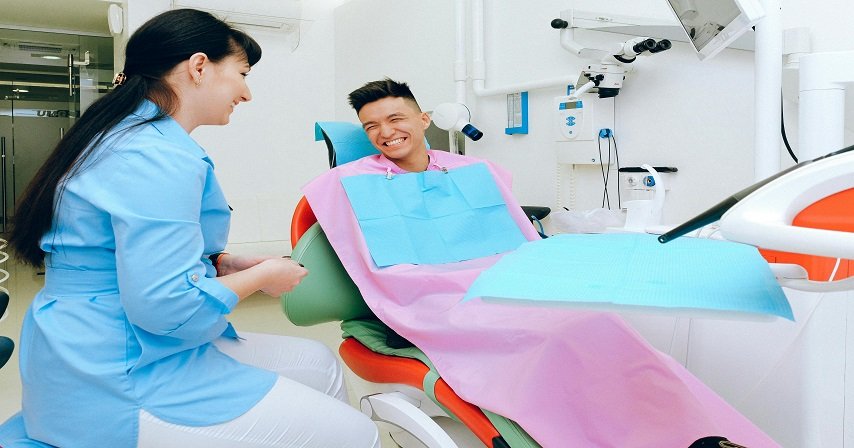
Dentures (Full / Partial)
Dentures are removable appliances designed to replace missing teeth, restoring functionality and aesthetics to your smile. They can significantly improve your ability to eat, speak, and smile confidently. Dentures come in two main types: full and partial, each serving different needs based on the number of teeth lost.
Types of Dentures
Understanding the types of dentures available can help you make an informed decision:
- Full Dentures: These are used when all teeth are missing in either the upper or lower jaw. Full dentures are custom-made to fit snugly over your gums, ensuring comfort and functionality.
- Partial Dentures: These are used when some natural teeth remain. Partial dentures fill in the gaps created by missing teeth and can prevent other teeth from shifting, maintaining your bite and facial structure.
Benefits of Dentures
Dentures offer numerous benefits, including:
- Restored Functionality: Dentures allow you to chew food more effectively, improving your diet and nutrition.
- Enhanced Appearance: By replacing missing teeth, dentures can restore your natural smile and improve your facial appearance.
- Boosted Confidence: A complete smile can enhance self-esteem and encourage social interaction.
- Support for Facial Structure: Dentures help maintain the shape of your face, preventing sagging and promoting a youthful appearance.
What to Expect During Your Visit
If you’re considering dentures, here's what to expect during your dental visit:
- Initial Consultation: Your dentist will evaluate your oral health, discuss your needs, and determine if dentures are the right solution for you.
- Custom Fitting: Impressions of your mouth will be taken to create custom dentures that fit comfortably and securely.
- Try-in Appointment: You will have an appointment to try on the dentures and make any necessary adjustments for fit and appearance.
- Final Fitting: Once any adjustments are made, your final dentures will be fitted, and your dentist will provide instructions for care and use.
Caring for Your Dentures
Proper care is essential for the longevity of your dentures:
- Remove and rinse dentures after eating to remove food particles.
- Brush your dentures daily with a soft-bristle brush and denture cleaner to prevent plaque buildup.
- Soak dentures in a cleansing solution overnight to maintain moisture and shape.
- Handle dentures carefully to avoid breaking or damaging them.
Adjusting to Dentures
It’s normal to experience some adjustment issues after receiving dentures:
- Initially, you may experience minor discomfort, increased saliva production, or difficulty speaking.
- Give yourself time to adjust; most people become accustomed to wearing dentures within a few weeks.
- If discomfort persists or if you experience any significant issues, consult your dentist for adjustments.
Dentures can greatly enhance your quality of life by restoring your smile and improving your ability to eat and speak. If you're considering dentures or have questions about your options, contact us today for a consultation!
Our Main Doctors
Don't just take our
word for it
Book An Appointment









